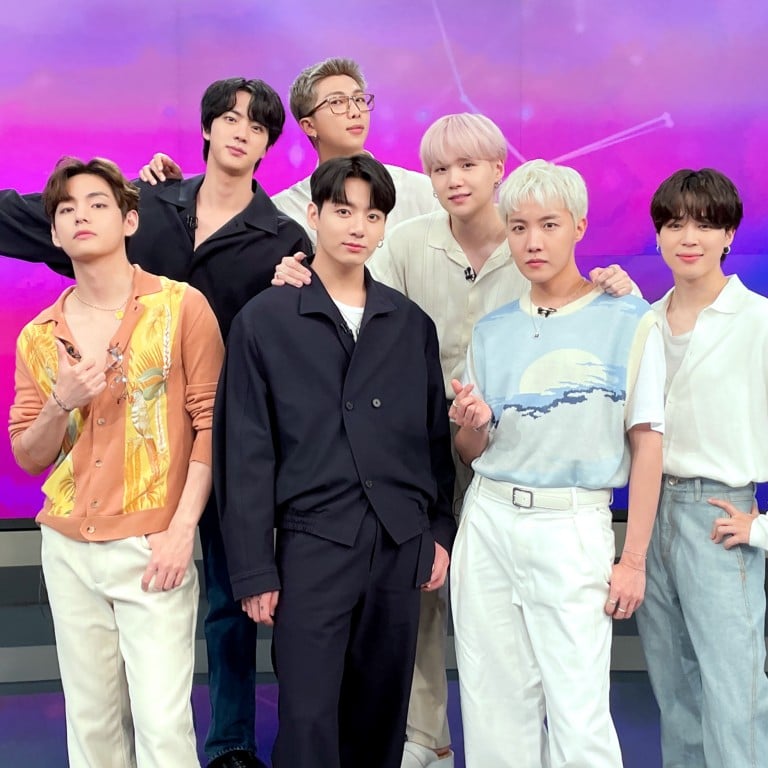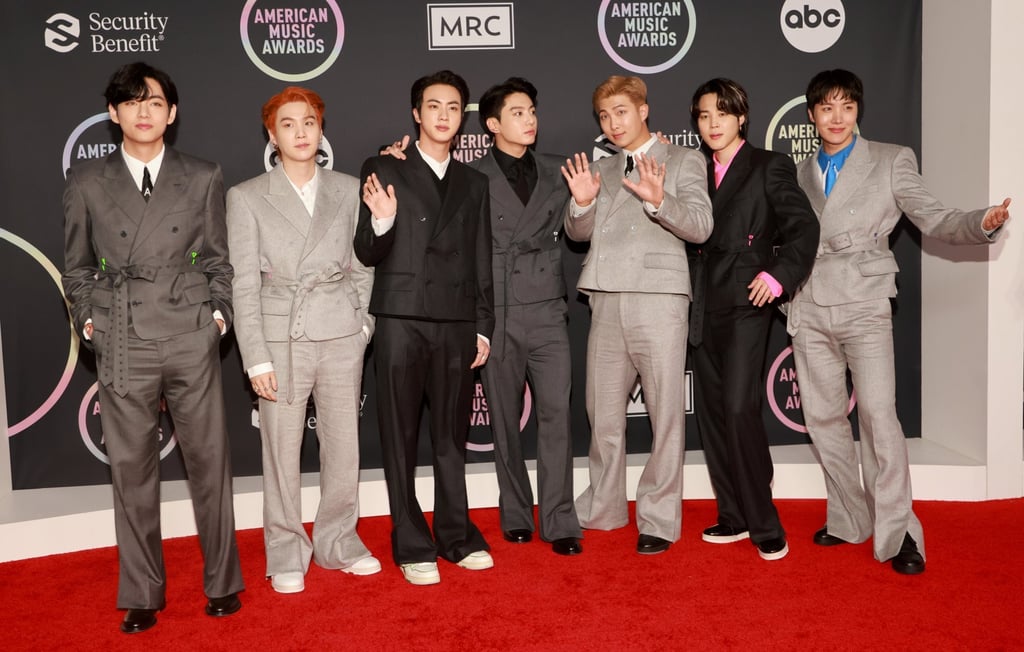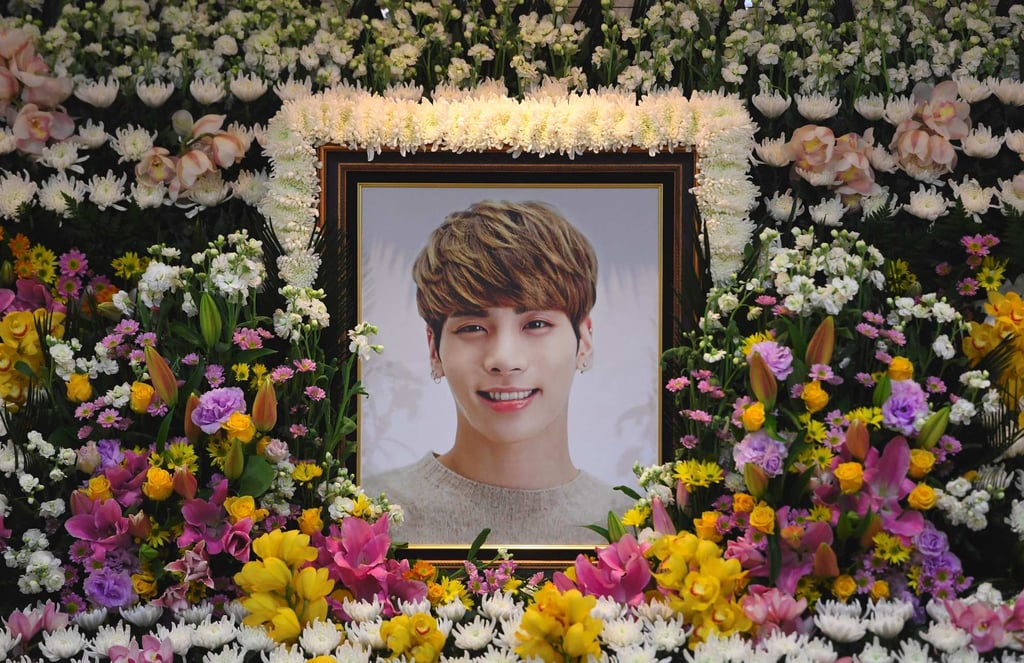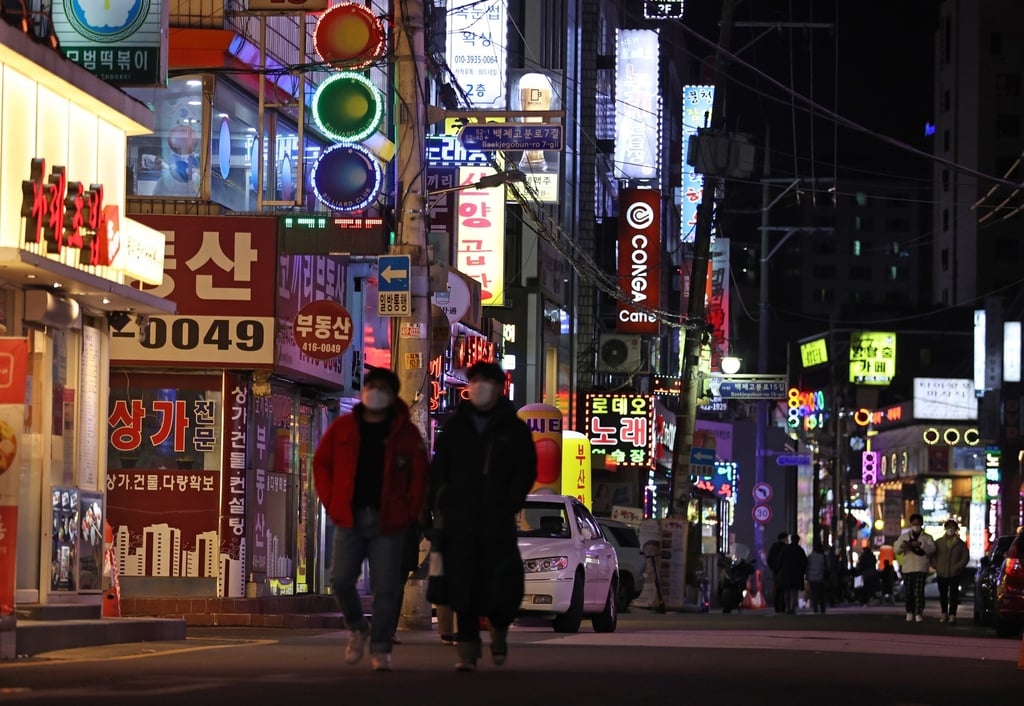How BTS is challenging ‘cutthroat’ K-pop culture by taking a break: the group is defying suffocating fan and industry expectations by prioritising their mental health

- The suicides of Shinee’s Jonghyun, actress-singer Sulli and Goo Hara drew attention to Korea’s mental health crisis and the immense pressure K-pop stars face
- While many praise BTS for taking a stance, experts say their international success, and gender, gives them disproportionately more power than other artists
It’s a cutthroat agency .... You’re practically owned by the company … and grow up in such a high pressure, high visibility profession. You’ve also got to perform 24/7 to your fandom – not just the expectation to be available, but also being perfect all the time

“It will also be the first time since their debut for them to spend the holiday season with their families. We kindly ask once again that you show consideration for their need to enjoy ordinary and free everyday lives while solely concentrating on themselves, albeit for a short while, during their period of rest. BTS will be focusing on preparing for the concert and release of the new album that will mark the beginning of a new chapter.”

“Everyone needs a break, and that is a really powerful message,” says Joanna Elfving-Hwang, an associate professor and director of the Korea Research Centre at the University of Western Australia. “BTS is a global phenomenon, and publicly saying they need time for themselves breaks the mould of the typical image of the K-pop industry, which is 24/7 availability.”
Why is South Korea’s suicide rate so high?
